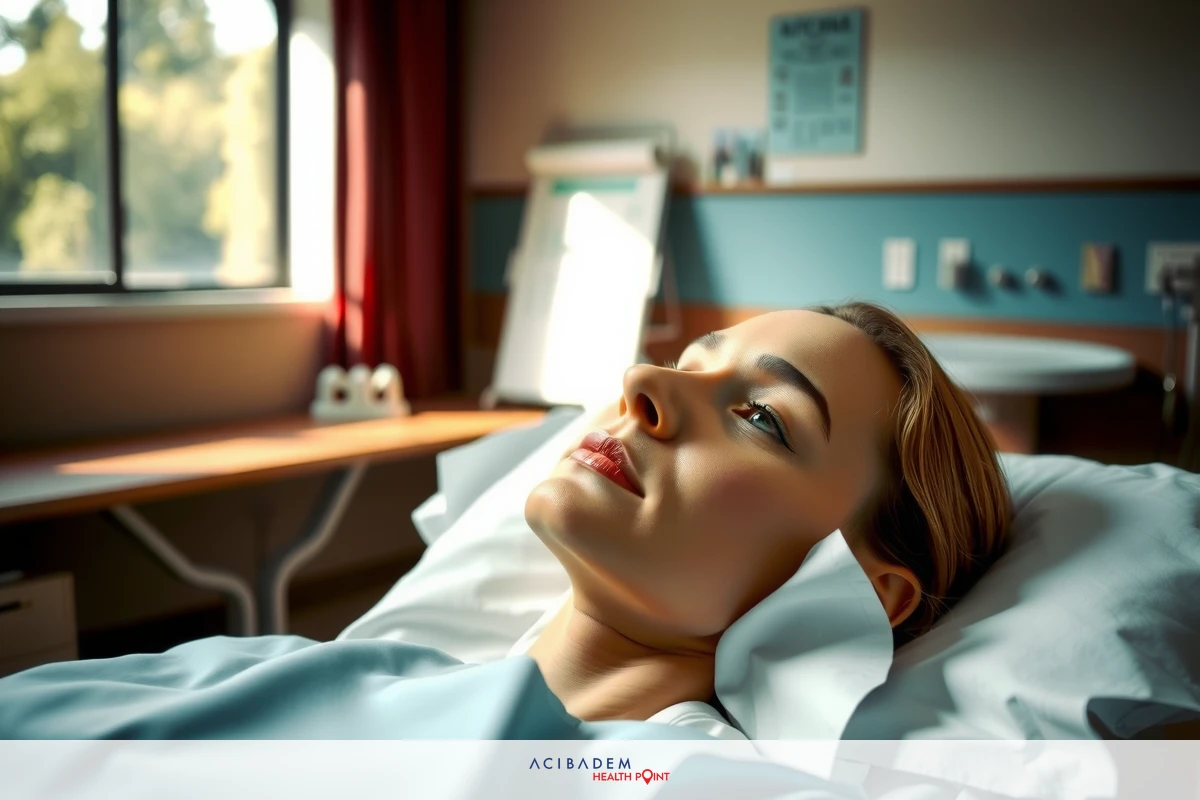What to Avoid Before Rhinoplasty
What to Avoid Before Rhinoplasty Rhinoplasty, a type of plastic surgery that alters the shape or function of the nose, requires careful preparation. The days and weeks leading up to the operation are crucial for ensuring a successful outcome. It’s essential to understand what to avoid before rhinoplasty; certain behaviors and substances can negatively affect the surgery and recovery process.
Some restrictions involve diet, as certain foods and drinks can interfere with anesthesia or increase bleeding risk. Other guidelines pertain to medications and supplements, as some can disrupt the body’s natural healing process. Lifestyle habits such as smoking and alcohol consumption must also be considered, as they can have detrimental effects on both the surgery and recovery.
Dietary Restrictions
What to Avoid Before Rhinoplasty Before undergoing rhinoplasty surgery, it’s essential to pay close attention to your diet. Certain foods and beverages can interfere with the anesthesia, increase the risk of bleeding, or slow down the healing process. Therefore, adhering to dietary restrictions is a crucial part of the preparation leading up to surgery.
In the week before surgery, patients should avoid foods high in sodium as they can cause water retention and swelling. Alcohol should also be avoided due to its bloodthinning properties and potential to dehydrate the body. Similarly, drinks containing caffeine may lead to dehydration and should be consumed in moderation. Drinking plenty of water, however, will help ensure your body is well-hydrated before surgery.
Some might not realize that certain fruits like pineapple and papaya can actually aid in recovery due to their natural anti-inflammatory properties. On the other hand, foods rich in vitamin E should be avoided as this vitamin has been known to promote bleeding. It’s also advisable to refrain from consuming heavy meals the night before surgery as it could affect how your body responds to anesthesia.
It’s important to remember that these are general guidelines for dietary restrictions before rhinoplasty. Every individual is different, and what works for one person may not work for another. Therefore, it’s always best to discuss your specific dietary needs with your surgeon or a nutritionist well before the date of your surgery. This way, you can ensure you’re doing everything possible to prepare for a successful rhinoplasty procedure.
Medication and Supplements
What to Avoid Before Rhinoplasty In addition to dietary restrictions, it’s equally important to consider the role of medications and supplements in the preparation for rhinoplasty. Certain drugs can interfere with your surgery and recovery, hence it’s crucial to discuss all the medications and supplements you are currently taking with your surgeon well before the scheduled procedure.
Many over-the-counter drugs and dietary supplements can increase bleeding during surgery. These include aspirin, ibuprofen, vitamin E, fish oil, ginkgo biloba, and others. If you’re taking any of these, your surgeon will likely ask you to stop a couple of weeks before your procedure. It’s also worth noting that some herbal supplements can interact negatively with anesthesia, so it’s best to avoid them in the lead-up to your surgery.
Prescription medications should be discussed in detail with your surgeon. While some may need to be paused or adjusted prior to surgery, it’s vital not to make any changes without consulting your doctor first. The same goes for over-the-counter medications even if they seem harmless, they could have unexpected effects when combined with surgical procedures or anesthesia.
The guidelines provided here are general advice and may not cover all possible situations. Therefore, it’s crucial to

have an open conversation with your medical professional about all the medications and supplements you regularly take. This way, you can ensure that you’re fully prepared for your rhinoplasty surgery and minimize any potential risks associated with your medication use.
Smoking and Alcohol
When preparing for rhinoplasty surgery, it’s crucial to consider the impact of lifestyle habits such as smoking and drinking. Both tobacco and alcohol can have detrimental effects on the surgery and subsequent recovery process. Therefore, understanding these impacts and making necessary changes can significantly contribute to a successful outcome.
Smoking, in particular, presents several risks for those undergoing any form of surgery. The nicotine in cigarettes constricts blood vessels, reducing the supply of oxygen and nutrients to tissues, which are vital for healing post-surgery. In cases of rhinoplasty, this can lead to poor wound healing or even tissue loss. Additionally, smoking can increase the risk of respiratory complications during surgery. For these reasons, patients are strongly advised to quit smoking at least two weeks before their procedure.
Alcohol can also negatively affect surgical outcomes. Like some foods and medications, alcohol has blood-thinning properties, which can increase the risk of excessive bleeding during and after surgery. It can also interfere with anesthesia and certain medications used during the procedure. Consequently, patients should avoid consuming alcohol for at least one week prior to their rhinoplasty surgery.
In conclusion, abstaining from smoking and alcohol is an essential part of preparation for rhinoplasty. While making these lifestyle changes might be challenging, remember that they are temporary adjustments aimed at ensuring your safety and enhancing your surgical outcomes. Always consult with your doctor about any concerns you may have regarding these restrictions. They can provide guidance and resources to help you navigate through this preparatory period successfully. What to Avoid Before Rhinoplasty
What to Avoid Before Rhinoplasty: Frequently Asked Questions
How long before rhinoplasty should I stop consuming certain foods and beverages?
It's generally recommended to start avoiding foods high in sodium, alcohol, and caffeine at least one week before your rhinoplasty surgery. This timeframe allows your body to eliminate these substances and minimize their potential impact on the surgery and recovery process.
Can I take my regular medications and supplements before rhinoplasty?
It's important to have a discussion with your surgeon about the medications and supplements you are currently taking. Some drugs and supplements, especially those that increase bleeding or interact with anesthesia, may need to be paused or adjusted prior to surgery. Always consult with your doctor before making any changes to your medication regimen.
How does smoking affect rhinoplasty surgery?
Smoking significantly impairs the healing process by reducing blood flow and oxygen delivery to tissues. It can lead to complications such as delayed wound healing, poor scarring, and tissue death. To minimize these risks, it is strongly advised to quit smoking at least two weeks before your rhinoplasty procedure.
Why is it important to avoid alcohol before rhinoplasty?
Alcohol consumption can interfere with anesthesia, increase bleeding risk, and potentially affect medication efficacy during surgery. To ensure optimal surgical outcomes and reduce potential complications, it is recommended to abstain from alcohol for at least one week prior to your rhinoplasty.
Can I resume normal dietary habits after rhinoplasty?
Following rhinoplasty, it's essential to follow your surgeon's post-operative instructions regarding diet and nutrition. Your body needs proper nourishment for optimal healing. While you may gradually reintroduce normal foods, it's still advisable to maintain a balanced diet, stay hydrated, and avoid excessive sodium intake during the recovery period. Please note that these FAQs are intended as general guidance and may not cover all individual circumstances. It's always best to consult with your surgeon for personalized advice and recommendations based on your specific situation.











